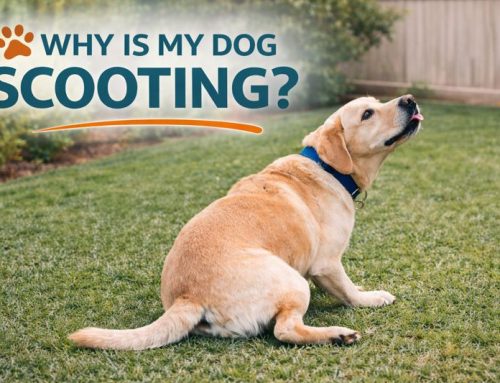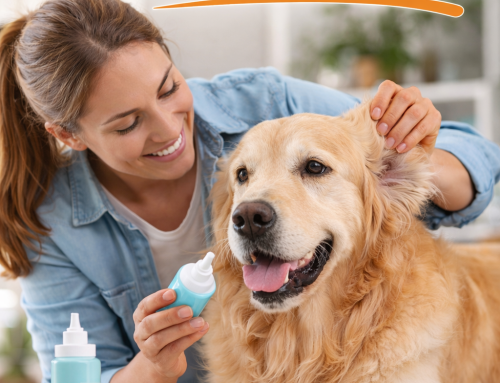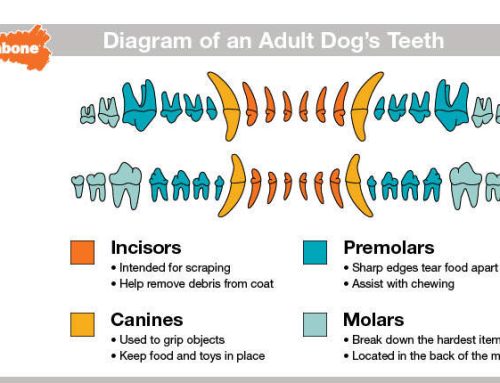
Why Does My Dog Have Bad Breath?
“Dog breath” is so common that it’s become a saying. But persistent foul odor from your pup’s mouth isn’t normal—it’s often a sign of plaque buildup, gum disease, or even health problems in the kidneys or digestive tract. Taking the time to understand what’s behind the smell will help you treat it effectively at home and recognize when it’s time to get veterinary care.
Common Causes of Bad Breath in Dogs
Before jumping into remedies, it’s important to understand what may be causing the odor:
- Poor oral hygiene – Plaque and tartar are the #1 cause.
- Gum disease (periodontal disease) – Leads to infection, swelling, and smell.
- Diet – Eating smelly foods, table scraps, or even trash can cause temporary odor.
- Underlying health issues – Diabetes, kidney disease, and digestive problems can affect breath.
- Foreign objects – Sticks, bones, or debris stuck in teeth can rot and cause odor.
According to the American Veterinary Medical Association (AVMA), more than 80% of dogs show signs of dental disease by age three, which often starts with bad breath.
Safe Home Treatments for Dog Bad Breath
The good news is that there are several safe and simple ways to improve your dog’s breath right at home. One of the most effective treatments is daily tooth brushing. Using a dog-safe toothbrush and toothpaste, you can prevent plaque and tartar buildup before it becomes a problem. Brushing may take patience, especially if your dog isn’t used to it, but starting slowly and rewarding them with praise or a treat afterward will make the process easier.
Another effective option is dental chews and treats. These are designed to reduce plaque while freshening breath at the same time. Look for products approved by the Veterinary Oral Health Council (VOHC), which ensures that the chew has been tested for safety and effectiveness.
Fresh, crunchy vegetables like carrots and celery also act as natural toothbrushes. They scrape plaque off the teeth while giving your dog extra nutrients and fiber. Apple slices are another healthy option, but always be careful to avoid toxic foods like grapes or onions.
Coconut oil is another popular home remedy. It has antibacterial properties and can help improve oral health. Some owners rub a little directly on their dog’s gums, while others mix a small spoonful into their pup’s food. When introduced gradually, coconut oil can be a helpful addition to your dog’s routine.
You can also add dog-safe mouth rinses or water additives to your pup’s water bowl. These products are designed to fight bacteria and freshen breath, making them a convenient option for busy owners. In addition, chew toys and safe bones encourage natural chewing, which helps scrape teeth clean and reduce plaque. Finally, herbs like parsley or mint can provide a natural, dog-safe breath freshener when sprinkled lightly over food.
When Home Treatment Isn’t Enough
While home remedies can help, sometimes bad breath signals something more serious. If your dog’s breath is suddenly very foul or accompanied by other symptoms like swollen gums, excessive drooling, or difficulty eating, it’s time to see your veterinarian. Certain odors can also point to systemic health issues. For example, a sweet smell may be linked to diabetes, while a strong ammonia-like odor could be tied to kidney problems.
The ASPCA emphasizes that professional cleanings may be the only solution for advanced gum disease. Regular vet checkups will help you catch oral health problems early before they turn into more serious issues.
Prevention Tips for Fresher Dog Breath
The best way to deal with bad breath is to prevent it from starting in the first place. Brushing your dog’s teeth daily or at least several times a week is the most effective solution. You should also schedule annual veterinary checkups that include a dental exam, since vets can catch early signs of gum disease before it worsens.
In addition, providing safe chew toys and dental chews can help reduce plaque buildup naturally. Feeding your dog a high-quality diet also plays a role—table scraps and poor-quality food can make bad breath worse. Don’t forget to clean and refill your dog’s water bowl daily, since fresh water supports oral health as well.
FAQs About Dogs’ Bad Breath
What can I give my dog at home for bad breath?
You can try brushing their teeth, giving dental chews, offering crunchy vegetables, or using water additives. These methods all work to reduce bacteria and plaque buildup.
Can coconut oil help my dog’s bad breath?
Yes, coconut oil has antibacterial properties that may improve oral health and reduce odor. Just start with small amounts to avoid upsetting your dog’s stomach.
Are dental chews enough to fix bad breath?
Dental chews are helpful, but they are not a substitute for brushing. Think of them as an added tool in your dog’s dental routine.
Does bad breath mean my dog is sick?
Sometimes. While dental issues are the most common cause, persistent foul breath may signal underlying health problems like diabetes or kidney disease. If in doubt, consult your veterinarian.
How often should I brush my dog’s teeth?
Daily brushing is ideal, but even a few times per week can greatly reduce the risk of dental disease and bad breath.
Freshening Your Dog’s Breath at Home
Bad breath in dogs may be common, but it’s not something to overlook. Most cases are caused by dental plaque and gum disease, which can often be managed with consistent home care. Regular brushing, dental chews, healthy snacks, and water additives can all help keep your dog’s mouth cleaner and fresher.
However, if your dog’s breath suddenly worsens or is accompanied by other symptoms, don’t ignore it. Severe odor may point to dental disease or an underlying health problem that requires veterinary attention. With the right mix of preventive care at home and professional checkups, your dog’s kisses can stay sweet and healthy.






